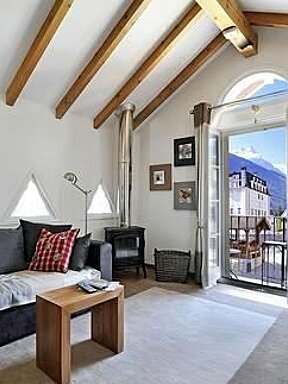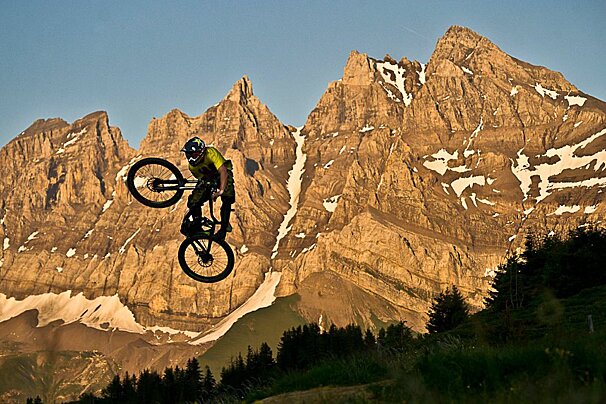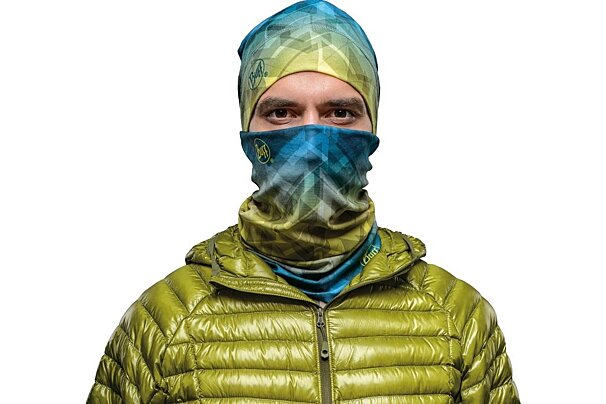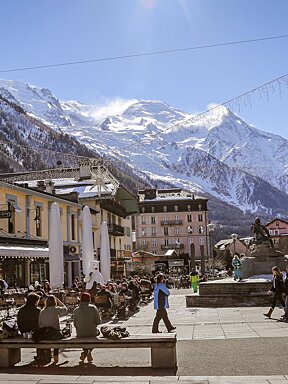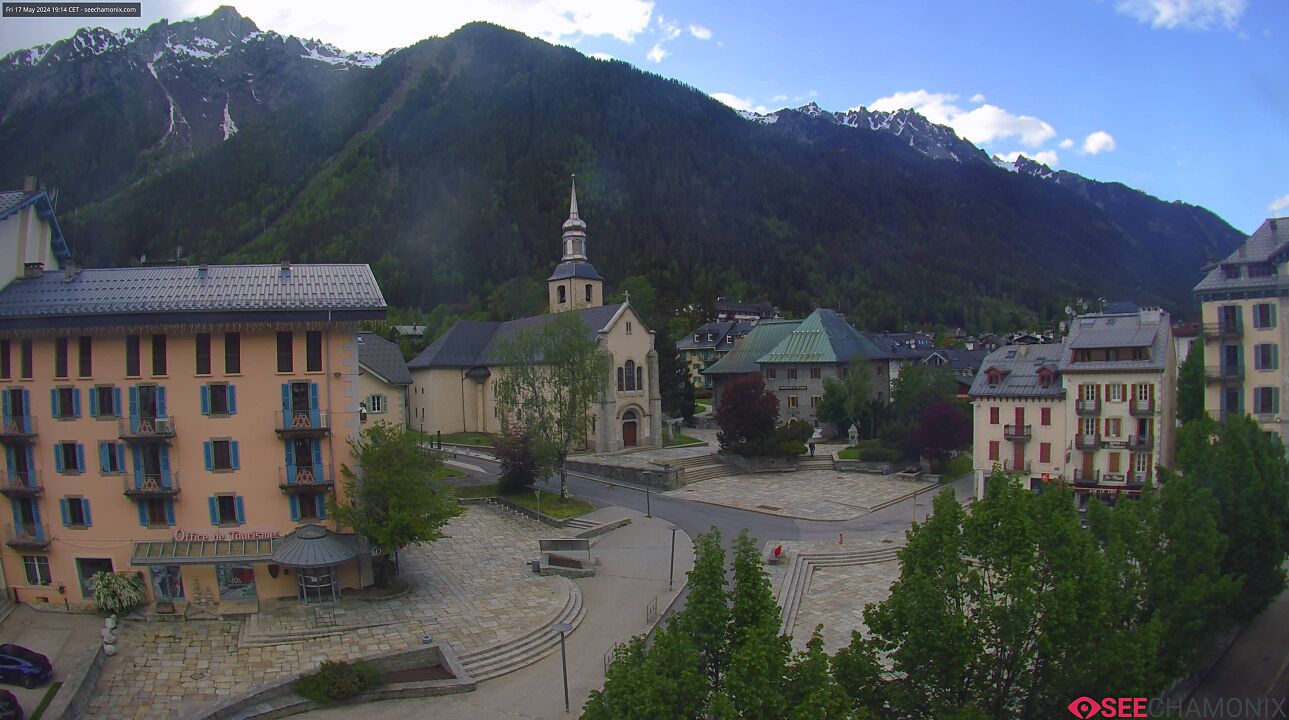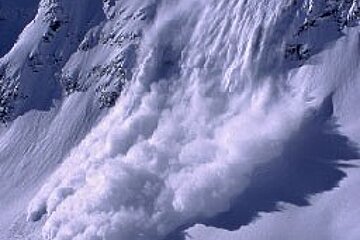
Worst season ever for avalanches in the Alps
This weekend, thousands of holidaymakers found themselves trapped in the small town of Bourg St Maurice as heavy snowfall and the risk of avalanche caused the access roads to a number of resorts to close. Tour Operators had to find beds wherever they could in order to accommodate their stranded guests for Tignes Val d'Isere and Les Arcs. However, the sheer volume of people meant that hotels were soon full to the rafters and emergency accommodation had to be created in the Town Hall, a local gym and two Snow Trains! Thousands more were thought to be stranded in cars last night.
These were just some of the holidaymakers arriving in the Alps this weekend looking forward to spectacular mountain vistas, fresh powder snow and adrenalin-fuelled winter sports. They may not realise they are also heading into one of the worst avalanche seasons on record. According to the ANENA (L'Association Nationale pour l'Etude de la Neige et des Avalanches), 43 people have died in the French Alps so far this season; last year, the total number of deaths was 25.
The phenomenal snowfall over the last couple of weeks has wreaked havoc across the Alps with accidents on the roads and on the mountain at an all time high. Last week 20 people died in France and Switzerland alone and on Friday, a skiing competition was wiped out in northern Italy. The avalanche risk over the weekend rose to extreme (5/5) and specialist off-piste website www.pistehors.com has described the present time as "one of the worst in living memory".
In a report this weekend, The Independent's Martin Hodgson investigated some of the reasons that have lead to the risk of disaster being at its highest ever this year.
Since January, heavy snow has fallen across the region, creating the best skiing conditions for many seasons. But temperature fluctuations have also brought masses of snow cascading down mountains.
In the report, Betony Garner, of the Ski Club of Great Britain , said steep variations in temperature have made the snow very unstable. "At the start of the season it was relatively warm, but in January it got very cold very quickly, so the bottom layer of snow formed crystals that won't bond with other snow," she said. "If there's been a heavy snowfall, people need to be very aware of the local avalanche risk."
Global warming has compounded the problem. Climatologists say rising temperatures have increased the rate at which glaciers and permafrost are melting, further destabilising steeper slopes. New snowfall creates an unstable top layer which, when dislodged, can sweep down at speeds of up to 160mph.
In January, an American skier died at the French resort of Courchevel when an avalanche caught him in full view of passengers on a chairlift. Despite an immediate search, he was buried for 20 minutes before his body was found.
Mountain guides warned that the risk of avalanches has been increased by the growing number of skiers and snow-boarders who venture off-piste in search of untracked snow. Hi-tech equipment now allows relatively inexperienced skiers to head off-piste before fresh snow has stabilised, putting themselves and others in danger. "It's amazing how stupid people are," Ms Garner said. "The avalanche risk is very high, but people still go off-piste without the right training and equipment." At least seven people were injured on Friday when an avalanche swept down on an international skiing competition in the western Italian Alps. Prosecutors are investigating whether it was triggered by skiers further up the mountain.
Nicolas Sarkozy, the French Interior Minister, has called for a "zero tolerance" approach to skiers who endanger the lives of others. Authorities in the Alps have bylaws prohibiting off-piste skiing, but officials admit such regulations are impossible to enforce.
Many ski resorts now hold regular avalanche and off-piste awareness classes; one of the most well known being Henry's Avalanche Talks held in Val d'Isere and Meribel (new this season). However, many people who have been skiing and boarding for years have no idea about the danger they are putting themselves in, even if they are only slightly off-piste.
In a report to Pistehors earlier this year, Tignes piste director, Jean-Louis Tuaillon summed it up; “Being just a bit off-piste is like being just a bit pregnant. If you stray over the piste markers, you are off-piste!” The message in both of these situations is take precautions! Mountain guides say anyone heading off-piste should carry a shovel, an avalanche probe and a transceiver and more importantly know how to use them.
With more snow forecast to fall this week on an already unstable snow pack, the message to everyone heading to the Alps in the next few days is to stay on piste and stay safe.

